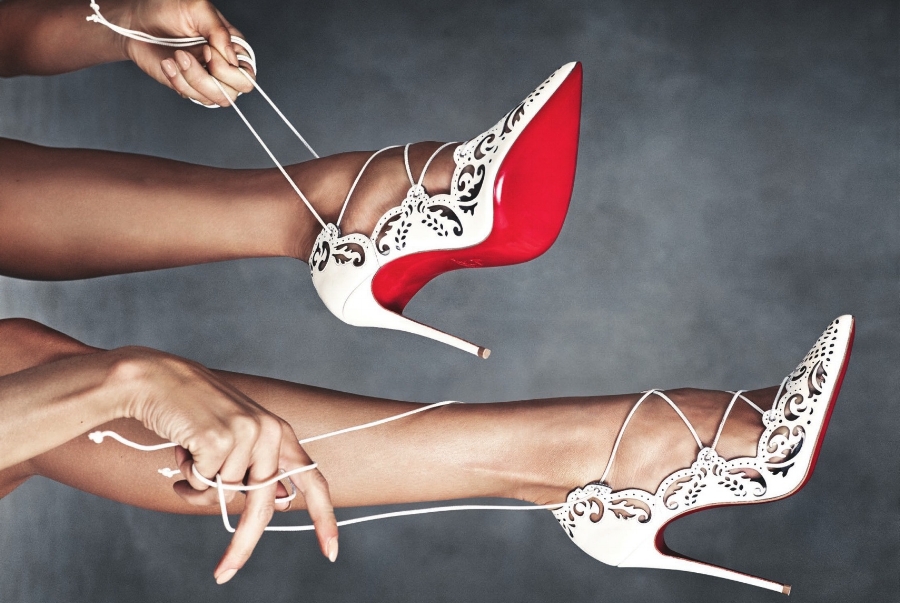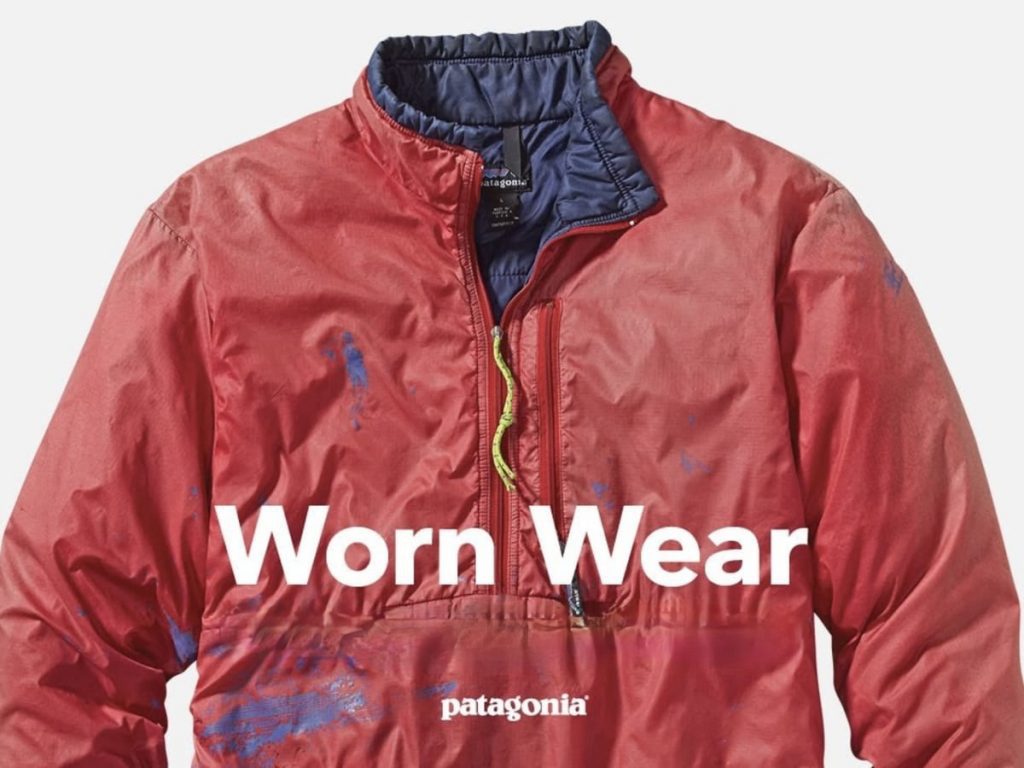Louboutin has landed a win in an early round of its lawsuit against a former employee, who it claims carried out a scheme to steal thousands of dollars worth of sample shoes from its premises in France and offer them up for sale via social media platforms in the U.S. In an order on January 8, Judge Louis Stanton of the U.S. District Court for the Southern District of New York granted the footwear brand’s bid for a preliminary injunction on its trademark infringement and breach of contract claims to block Defendant Mehdi Mohamed Nasrallah from using an array of Louboutin trademarks, including its red sole mark, in order to deceive consumers into falsely believing that he maintains an affiliation or relationship with the brand.
For some background: Louboutin alleges in its complaint that in his role as Assistant Boutique Manager, Nasrallah stole and resold the company’s sample footwear and accessories, thereby, engaging in trademark infringement since it “never offers sample shoes or leather goods for sale to the public,” and none of its samples “are subjected to [its] quality assurance and control (‘QA/QC’) inspections or procedures.” Additionally, Louboutin has argued that Nasrallah also breached his employment agreement by perpetrating the “stolen goods scheme,” as the agreement prohibits employees from “re-selling any Louboutin product” and from making use of or disclosing any confidential company information, including designs in the process of development, such as samples.
Setting the stage in his order, Judge Stanton stated that based on Louboutin’s application for a preliminary injunction, the memorandum of law and declarations in support of that application, and all other pleadings,” as well as the proceedings held before Judge Clarke on December 26, and before this court on January 5, Louboutin has shown a likelihood of success on the merits of its trademark infringement and breach of contract claims. Specifically, Judge Stanton found that Louboutin “has shown that it will suffer irreparable harm to its brand from Nasrallah’ s sale of the sample products that have not been subject to Louboutin’s quality control procedures to the public if a preliminary injunction is not issued.”
With regard to QA/QC, Louboutin asserted in its complaint that it has “established and adhere[s] to legitimate, substantial and non-pretextual QA/QC procedures for [its] products to safeguard and ensure the high quality of the products and the value of [its] marks, and that products sold to the public adhere to [its] high standards.” (This language is significant, as it is at the heart of one of the exceptions to the first sale doctrine. Under the quality controls exception, the first sale doctrine does not apply when an unauthorized seller is reselling trademarked products outside of the trademark owner’s quality control standards. And for this exception to apply, the trademark holder must show that, among other things, it has established quality control procedures that are “legitimate, substantial, and non-pretextual.” More about that here.)
Because the products at issue (the footwear samples) “were not manufactured and distributed under [Louboutin’s] QA/QC controls … and/or because they materially differ from the products authorized by [Louboutin] for sale to the public,” they are not “genuine” Louboutin products, the French footwear brand contends.
Moreover, Louboutin claims that because it is “solely entitled to exercise control over the distribution, handling and sale of its branded products,” Nasrallah’s sale of the samples “without such QA/QC control is an infringement of [Louboutin’s] rights, threatens to dilute [its] brand and constitutes a grave threat to the value of the marks in which [Louboutin has] invested significant efforts, time and money.”
In terms of Louboutin’s breach of contract claim, which stems from Nasrallah’s sale of the stolen goods and his use of confidential company information in the process, Judge Stanton confirmed that in Nasrallah’s employment agreement with Louboutin, he “agreed to comply with all of Louboutin’s policies and procedures, including those set forth in the Christian Louboutin Employee Handbook.” The handbook states that “any breach or threatened breach of the confidential information ‘shall cause irreparable harm to Christian Louboutin and that [it] will have no adequate remedy at law, and thereby you stipulate and agree that an injunction may be entered barring any and all disclosure of any Confidential Information or otherwise using, disposing of, attempting to assert ownership over the Confidential Information,’” per Judge Stanton.
Against that background, the court ordered that Nasrallah and those acting in concert with him are restrained and enjoined from using a dozen of Louboutin’s registered trademarks – from the red sole mark to the “CHRISTIAN LOUBOUTIN” word mark for use on footwear – or any confusingly similar marks, or engaging in “any other acts which are intended to or will be likely to deceive consumers or the trade into falsely believing that there is an affiliation or relationship between plaintiffs and defendant, including without limitation by selling, transferring or disposing of any items bearing [those] marks that contain the designation ‘sample,’ or were unlawfully obtained from Louboutin.”
The case is Christian Louboutin SAS et al v. Nasrallah, 1:23-cv-11104 (SDNY).
Updated
January 23, 2024
The court clerk has entered a certificate of default, stating that “the docket entries indicate that the defendant has not filed an answer or otherwise moved with respect to the complaint herein.”











